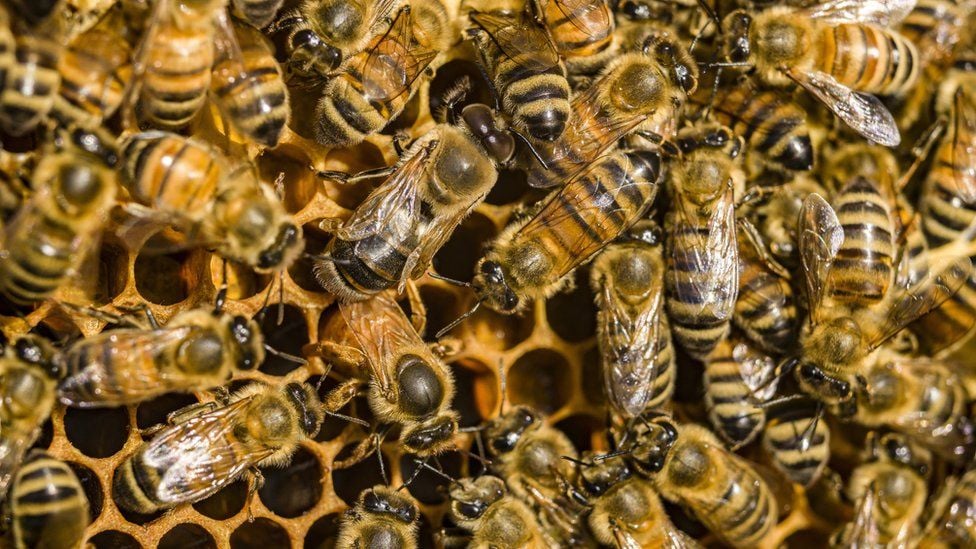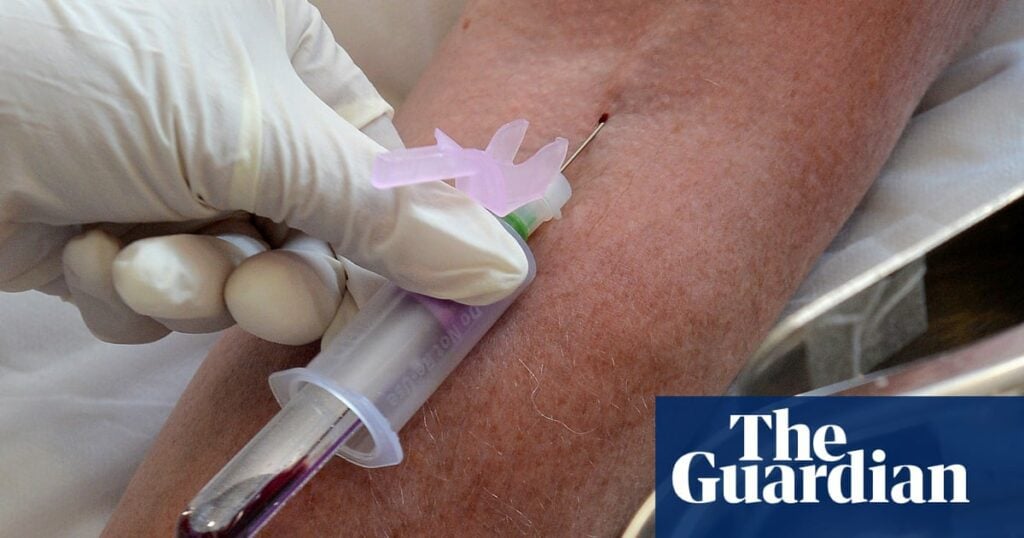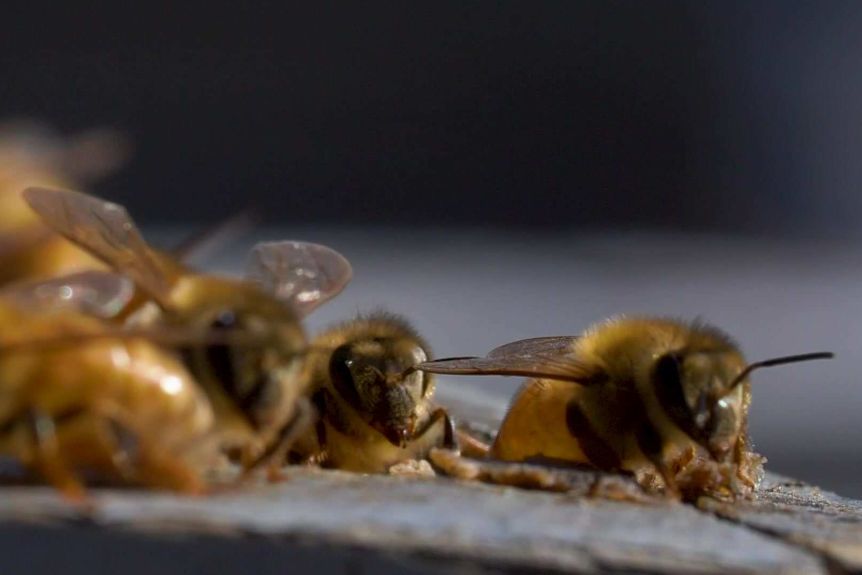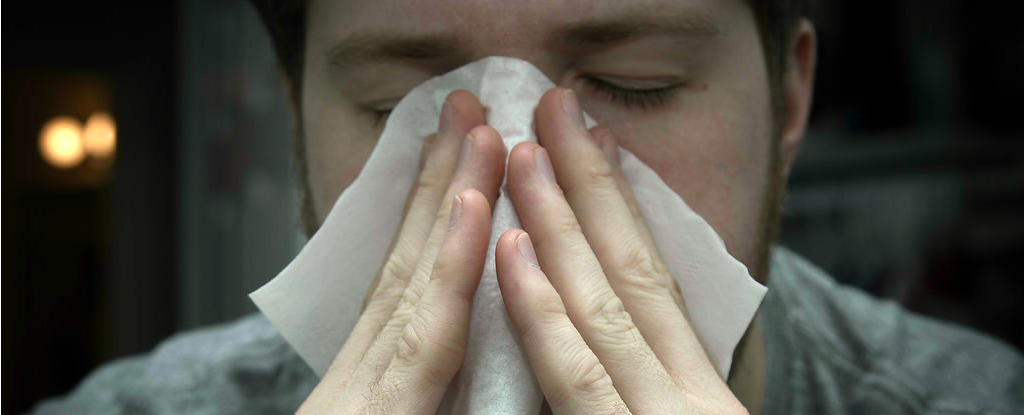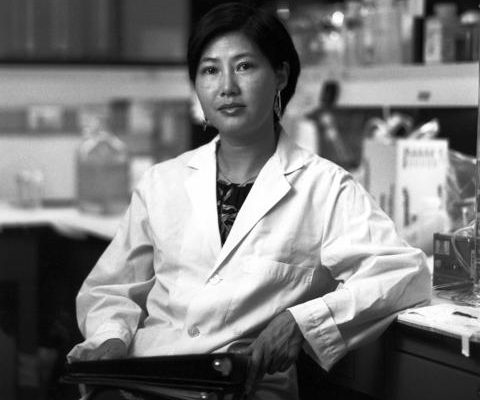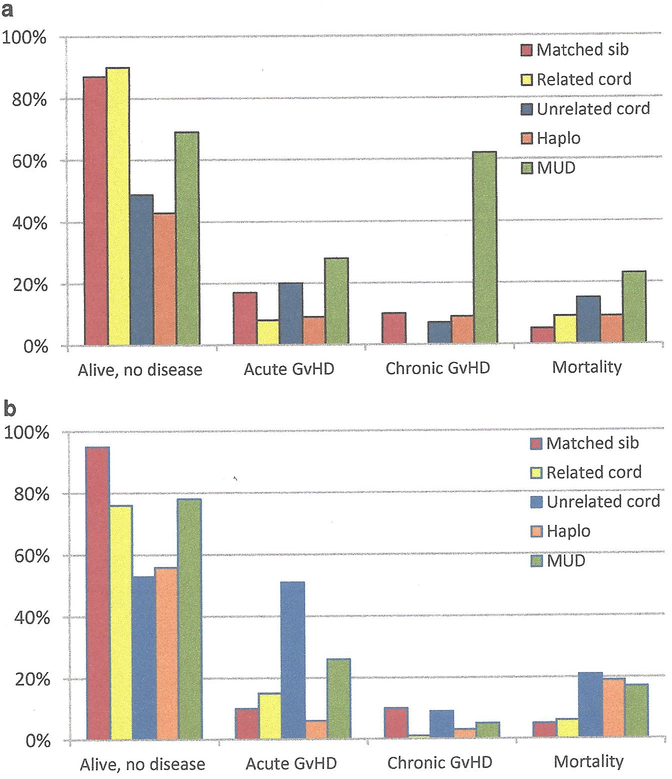A lab study found honeybee venom (which has the compound “melittin”) destroyed 2 types of hard to treat breast cancer cells. Melittin on its own reduced cancer cell growth & can be produced synthetically. One venom concentration killed cancer cells within 1 hour with minimal harm to other cells.
Honeybee venom ‘kills some breast cancer cells’ Getty Images Australian scientists say the venom from honeybees has been found to destroy aggressive breast cancer cells in a lab setting. The venom – and a compound in it called melittin – were used against two cancer types which are hard to treat: triple-negative and HER2-enriched. The […]
